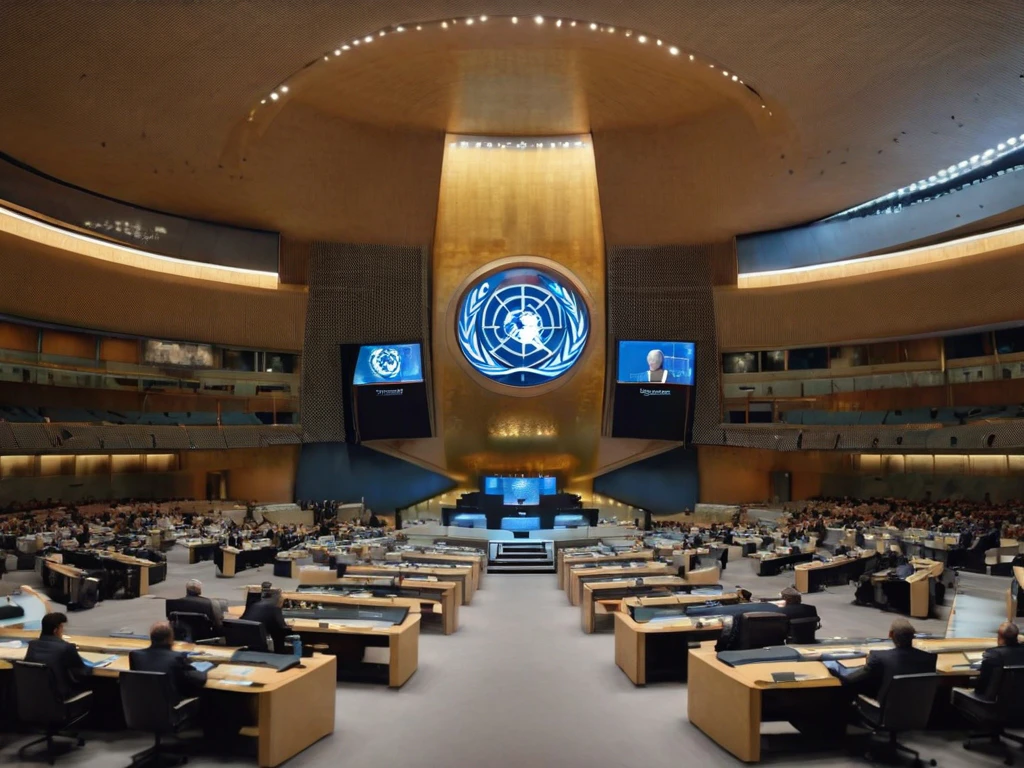The recent adoption of a groundbreaking resolution by the United Nations General Assembly signals a significant step forward in the regulation and governance of artificial intelligence (AI) systems worldwide. The resolution, aimed at promoting the responsible use of AI, underscores the importance of human rights, sustainable development, and ethical considerations in the deployment of AI technologies.
The global mandate for responsible AI
The UN Resolution emphasizes the transformative potential of AI in advancing towards Sustainable Development Goals (SDGs) while acknowledging its capacity to widen disparities. It calls for a unified international effort to harness AI’s benefits while mitigating its risks, highlighting the need for a balanced approach to AI development.
Central to maximizing AI’s benefits and minimizing its risks is the establishment of global technical standards. These standards, covering safety, interoperability, and ethical compliance, serve as the foundation for the future of AI. They ensure seamless interaction of AI technologies across borders and industries, fostering innovation and accessibility while safeguarding against biases and privacy violations.
China’s crucial role in AI governance
China’s advancements in AI, particularly within industrial sectors, position it as a key player in shaping the future of AI governance. With its leadership in AI developments such as image recognition and industrial automation integration, China is poised to lead in setting global technical standards. Its extensive research and development capabilities, coupled with the rapid commercialization of AI, empower China to drive sustainable and equitable technological progress on a worldwide scale.
China’s significant presence in international arenas provides a unique opportunity to advocate for diversity and equity in global AI governance. By leveraging its influence, China can champion inclusivity, ensuring that AI governance frameworks reflect a broad spectrum of developmental models and cultural perspectives.
Collective responsibility for AI’s impact
The call to action emphasizes the collective responsibility of the global community in guiding AI’s impact on society. Through collaboration guided by the principles outlined in the UN resolution, nations can realize the full potential of AI while ensuring it aligns with the ideals of human advancement and equality.
As the world stands at the threshold of a new era driven by AI technology, the adoption of the UN resolution marks a crucial milestone in shaping its governance. With China’s pivotal role in AI development and its global prominence, the nation stands poised to influence the direction of AI governance, ensuring it serves the betterment of humanity. Through collective efforts and adherence to responsible AI principles, nations can forge a future where technology not only transcends boundaries but also reinforces the bonds of shared humanity, making a lasting contribution to global well-being.





